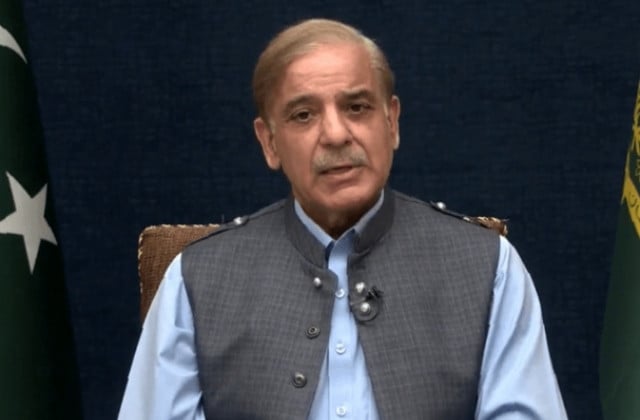ISLAMABAD: Prime Minister Shehbaz Sharif is faced with the challenge of outdoing bureaucracy, which has thwarted successive governments’ efforts to slash the bloated size of federal government.
Doubts have already been created by the prime minister’s decision of ignoring the recommendation of two austerity committees, which he himself had formed earlier, and assigning a third one under the chairmanship of finance minister to right-size the federal government.
Informed sources said the federal cabinet during the PTI government had approved a major restructuring plan for the federal government and had decided to retain 325 federal government entities out of the total 441. However, despite the cabinet’s approval, the plan remained unimplemented because of bureaucracy’s reluctance.
The cabinet approval of the PTI government, it is said, is still valid and can be implemented by the present regime if it has the political will. The Shehbaz Sharif government is under pressure from the media and political parties to curtail its own expenditures instead of imposing more and more taxes on the people. On the recommendation of the-then DrIshratHussain-led Task Force on Institutional Reforms, the Imran Khan cabinet had approved the privatisation or transfer of 43 government entities to Sarmaya Pakistan Ltd, transfer of 15 bodies to provincial governments, Islamabad Capital Territory and Gilgit-Baltistan, liquidation or closure of eight organisations and merger of 32 entities.
The PTI cabinet had approved the proposal for the reorganisation of 17 bodies as training and policy support institutes. The government, it was decided, would retain 325 entities under two broad categories: (a) Executive departments, and (b) Autonomous bodies.
The IK government’s Task Force on Austerity and Restructuring of Government had reviewed 441 organisations of federal government and had classified these entities into 18 categories, which included constitutional bodies, regulatory authorities, courts/tribunals, commercial/semi-commercial organisations, public utilities/services providers, promotion bodies, financial institutions, training institutes, research/data/documentation organisations, education institutions, quality assurance bodies, development authorities, councils/commissions/committees, trusts/foundations, executive agencies, security/enforcement bodies, scientific research institutes and others.
For the execution of the approved restructuring plan, the PTI cabinet had even sanctioned the implementation plan, which however had failed to deliver because of bureaucracy’s resistance.
DrIshratHussain had left the PTI government with a frustrated mind as his major reform work despite having been approved by the cabinet remained unimplemented because of lack of political will of the then government.


